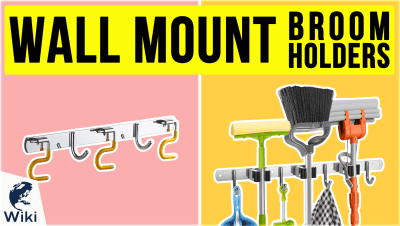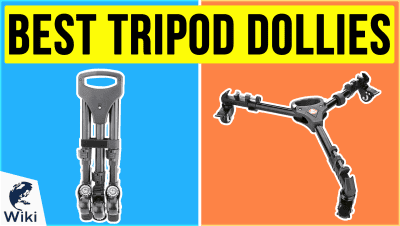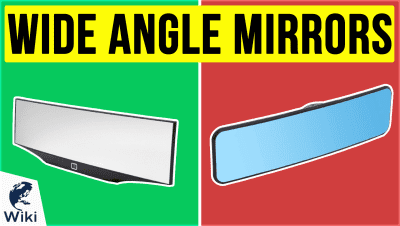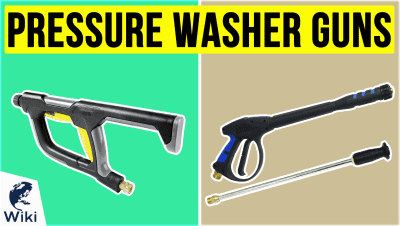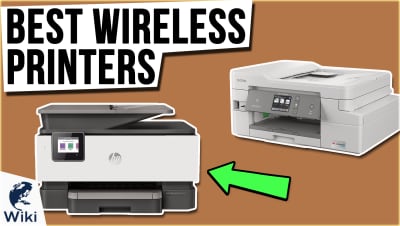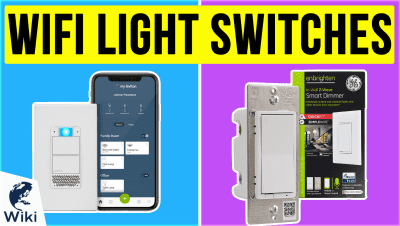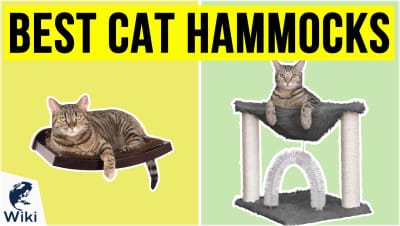The Unofficial CryptoCountries Wiki
One of the first dapps on the Ethereum blockchain to take advantage of the ERC-721 standard, CryptoCountries has seen an incredible amount of Ether change hands by players looking to own tokens based on real countries on the world map. We've got a full rundown of how the site works and why some people are hoping its popularity will make a big comeback. For more on unique digital assets, try this guide to crypto collectibles. This video was made with Ezvid Wikimaker.
How Do I Purchase A Country On CryptoCountries?
CryptoCountries uses MetaMask, a digital wallet that is very popular among Ethereum dapps. Other popular assets like CryptoKitties and Factbar are purchased by the same method. The first thing you need to do is acquire some Ether and add it to your MetaMask wallet. You can do this through Coinbase if you live in the US, or ShapeShift if you want to exchange cryptocurrency. From there, go to the CryptoCountries marketplace, select a country, and click "Buy." You need to initiate a MetaMask transaction and make sure it goes through. Once you see the confirmation, you'll be the owner of that country.
CryptoCountries Back When Prices Were Low
CryptoCountries Links
What Is ERC-721?
In Depth
One of the first games to take advantage of the ERC721 standard, CryptoCountries enjoyed a massive wave of success that made these collectibles based on world nations the most valuable assets to ever be sold on the Ethereum blockchain. Though traffic has slowed due to the delayed release of additional features, the prices fetched by these tokens are staggering, and show just how committed some players are to the idea of trading assets based on real-world locations.
To explain why CryptoCountries is so significant, let's first cover what ERC721 is and why it allows you to own a country. Most people are familiar with Bitcoin and Ethereum, cryptocurrencies that rely on blockchain technology. The use of a decentralized ledger allows users to verify transactions without the need for a central authority. Ethereum is notable because it allows for the creation of decentralized applications, or dapps, that support the trading of alternative assets on Ethereum's blockchain.
Beyond Bitcoin and Ether, there are many other types of crypto coins available. Often companies will issue an "I.C.O.," where they sell coins that represent a stake in their business. Most assets available on the blockchain are like Bitcoin and Ether in that they are fungible, meaning all coins of a certain currency are the same. If you have two Bitcoins, and you plan to sell one, it doesn't matter which one you sell because they are worth the same amount.
Most assets available on the blockchain are like Bitcoin and Ether in that they are fungible, meaning all coins of a certain currency are the same.
But some assets are unique, or non-fungible. ERC721 is a standard for smart contracts on the Ethereum blockchain dealing in assets that are not all the same. A popular example is Factbar, online representations of facts that are researched and verified. When you claim a Factbar, it goes through the site's smart contract and the transaction is backed up by the blockchain.
Since Factbars are unique, if you own one, no one else can own it at that time. If someone wants to buy it, they have to get it from you. Every Factbar has its own unique value, and highly-desirable Factbars are therefore very valuable because they are rare.
The countries on the map in CryptoCountries are ERC721 tokens just like Factbars, and the game benefitted from being one of the first to use this standard. The rules are simple: you can pick out a country and purchase it. If you do, you are the owner. If anyone wants to buy it from you, they have to pay an increased price, which is regulated through the smart contract, so you earn a profit. The developers take a cut of every transaction, which is how they make money.
If you do, you are the owner.
There was an immediate frenzy that saw a huge volume of transactions, reflected in big prices for some countries. People were clearly into the idea of owning unique assets, and saw CryptoCountries as the next big thing. However, since there was a limited number of countries available, and the prices were so high, activity dropped off noticeably. The main drawback was that after you owned a country, there was not much to do with it other than wait for it to sell.
There were also dozens of other dapps released, from crypto collectibles to games of all sorts, and many money-making schemes that promised returns for clever players. Without new features, CryptoCountries dropped off in popularity. The developers responded with Cities, a new feature that would encourage new users to take part.
You can probably guess the basics of the Cities idea: you can purchase a city or other tourist attraction within the countries on the map. The number of cities released in a country will depend on its current value in the marketplace. If you own a country, then you receive a five percent tax on any transaction happening within. City owners can also set their own prices, meaning you can raise or lower the price of your holdings in the marketplace.
City owners can also set their own prices, meaning you can raise or lower the price of your holdings in the marketplace.
Though Cities showed promise, delays in its release have caused CryptoCountries to slip further from the spotlight. It may regain its popularity when new features are added, but it's tough to say, as there are so many new dapps released every day. But the site can still boast incredibly high prices, and it's possible those who bet big on these countries may see a big profit.
CryptoCountries has shown how much unique assets can grow in value. As the blockchain continues to attract new users, ERC721 tokens will continue to take on new forms for those who want to invest in them for the long term. We may not have seen the last of CryptoCountries, and it's unclear yet just how high the value of these tokens could potentially climb.

